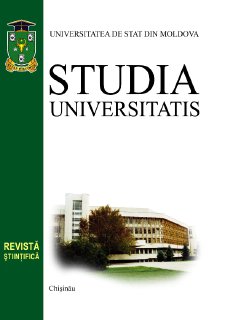ROLUL TEMELOR PENTRU ACASĂ ÎN PROCESUL DE PREDARE-ÎNVĂŢARE
Daniela PASCARU, Gabriela ŞAGANEAN* Catedra Limbi Germanice * Catedra Traducere, Interpretare şi Lingvistică Aplicată
Rezumat
Homework seems to be an accepted part of teachers’ and students’ routines, but there is little mention of it in ELT literature. Homework reinforces and helps learners to retain information taught in the classroom as well as increasing their general understanding of the language. Homework develops study habits and independent learning. It also encourages learners to acquire resources such as dictionaries and grammar reference books. Research shows that homework also benefits factual knowledge, self-discipline, attitudes to learning and problem-solving skills. Homework offers opportunities for extensive activities in the receptive skills which there may not be time for in the classroom. It may also be an integral part of ongoing learning such as project work and the use of a graded reader. Homework provides continuity between lessons. It may be used to consolidate class work, but also for preparation for the next lesson. Homework should be manageable in terms of time as well as level of difficulty. Teachers should remember that students are often given homework in other subjects and that there is a need for coordination to avoid overload. A homework diary, kept by the learner but checked by teachers and parents is a useful tool in this respect. Motivating students to do homework is an ongoing process, and encouragement may be given by commenting and asking questions either verbally or in written form in order to demonstrate interest on the teacher’s part, particularly in the case of self-study and project work.

